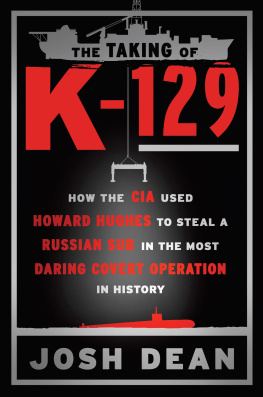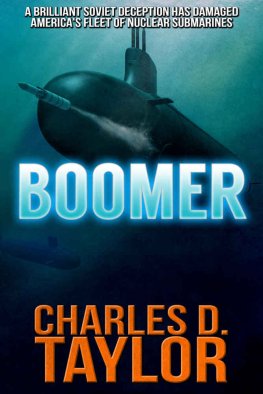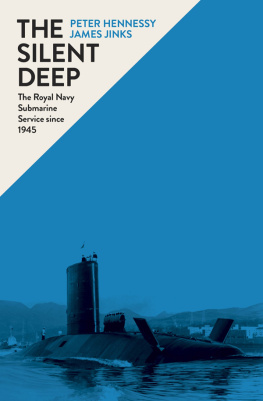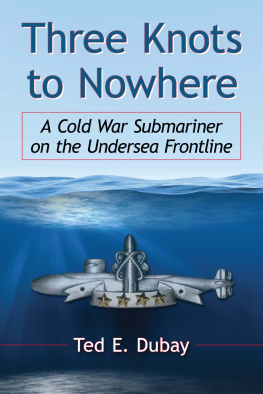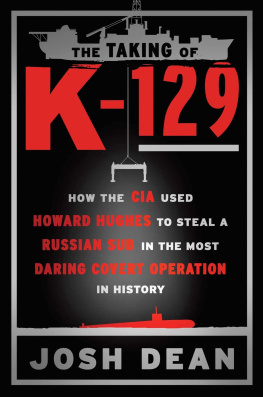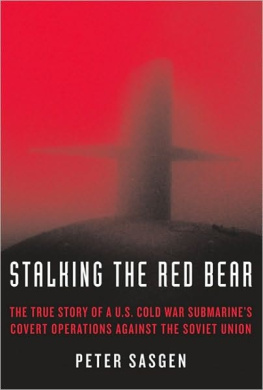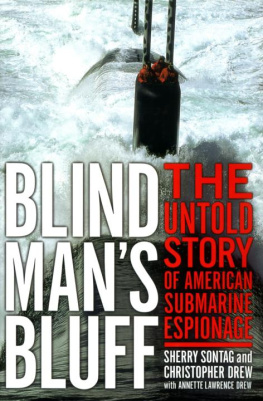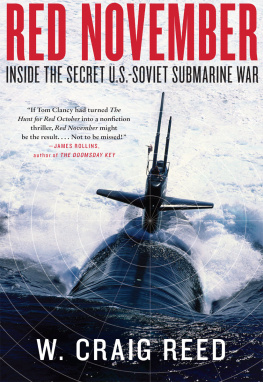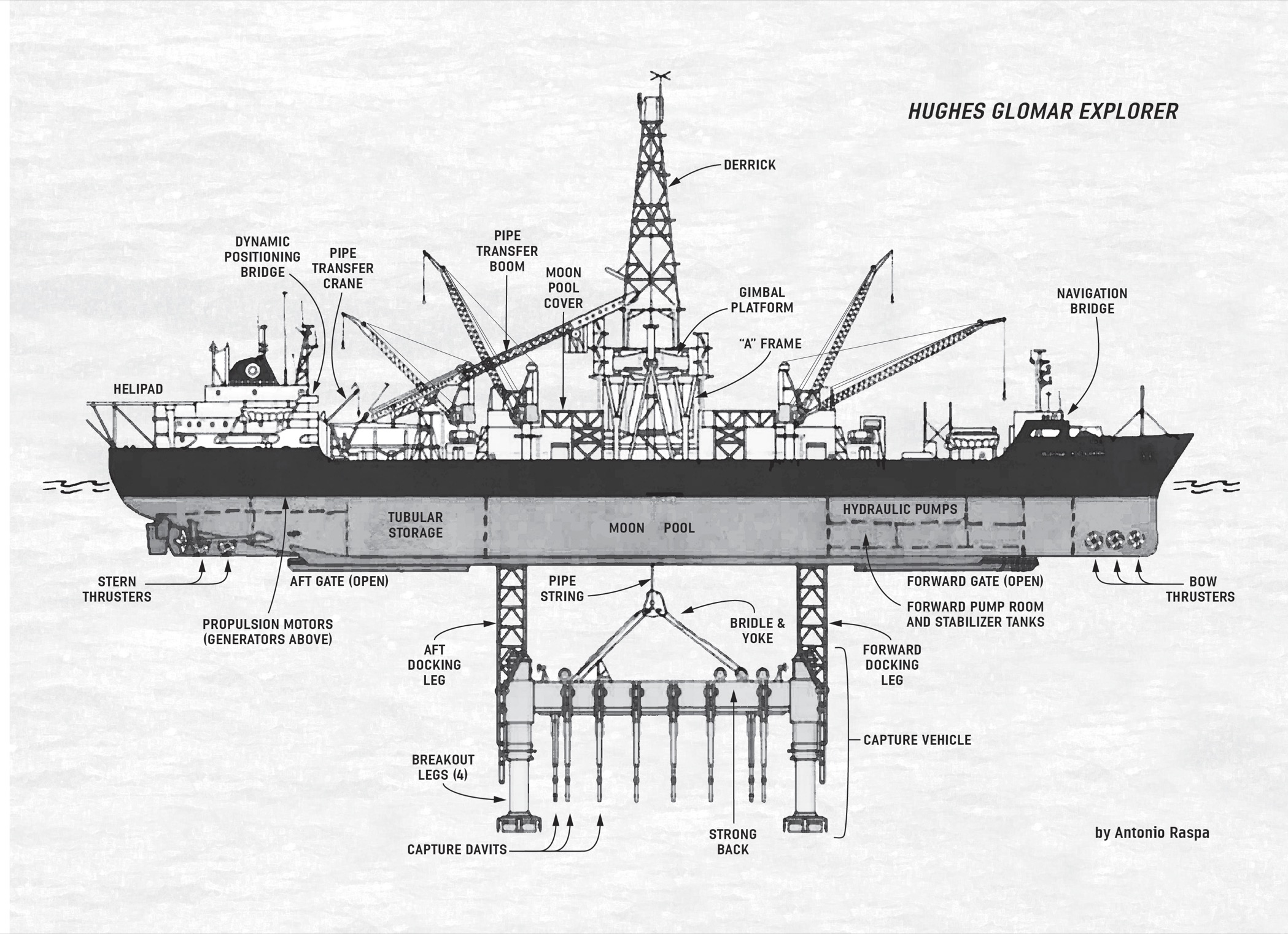Penguin supports copyright. Copyright fuels creativity, encourages diverse voices, promotes free speech, and creates a vibrant culture. Thank you for buying an authorized edition of this book and for complying with copyright laws by not reproducing, scanning, or distributing any part of it in any form without permission. You are supporting writers and allowing Penguin to continue to publish books for every reader.
DUTTON is a registered trademark and the D colophon is a trademark of Penguin Random House LLC.
here courtesy of Antonio Raspa with minor modifications by Dutton.
has been applied for.
While the author has made every effort to provide accurate telephone numbers, Internet addresses, and other contact information at the time of publication, neither the publisher nor the author assumes any responsibility for errors or for changes that occur after publication. Further, the publisher does not have any control over and does not assume any responsibility for author or third-party websites or their content.
The ability to get to the verge without getting into the war is the necessary art.
The only way of discovering the limits of the possible is to venture a little way past them into the impossible.
Arthur C. Clarke
In wartime, truth is so precious that she should always be attended by a bodyguard of lies.
If ever legends and stories of American technological genius were deserved and not yet realized, they would be about the scientists and engineersthe wizardsof [the] CIA.
Robert M. Gates
PROLOGUE
Unexpected Visitors
NOVEMBER 1969
A s he often did in the morning, Curtis Crooke was reviewing projects with members of his engineering staff when his intercom chimed. A resolute rail of a man with buzzed hair and metal-rimmed Wayfarer-style glasses, Crooke, then just forty-one, was one of the most influential minds in the emerging field of deep-ocean drilling, directing all engineering for his employer, Global Marine, from a large office on the second floor of its headquarters in downtown Los Angeles. The building was an area landmark, an ornate art deco tower with a soaring three-story lobby, known as the Fine Arts Building, and informally as the Havenstrite Building, for the eccentric oil wildcatter Russell E. Havenstrite, who once occupied its posh full-floor penthouse.
Global Marine was only nineteen years old but already an industry leader, with the most versatile offshore drilling fleet in the world, according to its 1968 sales brochure. In just two and a half years, from 1965 to the middle of 1967, Global Marine had designed and built five heavy, ocean-going, self-propelled drilling shipsincluding two four-hundred-foot, eleven-thousand-ton vessels that were the largest of their kind ever builtand every one of them came to be under the direction of Curtis Crooke, who had been with Global Marine since its founding.
Crooke grew up in New York City as the youngest of four kids. His father, a GMAC executive, was wounded in World War I and eventually died of complications from those injuries when Curtis was only seven, but he left the family well-off, and Curtis had a happy, uneventful childhood and adolescence in Forest Hills, Queens, home of the US Open at the West Side Tennis Club, until going west for college, to learn everything he could about boats and the ocean at UCLA and then UC Berkeley.
Dozens of talented men worked under the handsome, charming, disarmingly easygoing Crooke, who favored loosely knotted ties and off-the-rack button-downs at a time when executives wore suits. He drove a red Ferrari 250 California, typically very fast, and was known for being the calm, reasonable person in any room. Crooke was the only man on the executive floor who never closed his office door, which endeared him to his engineers, who loved him and the work. They came to Global Maine for the opportunity to build ships and plunder the deep ocean, a realm that, in 1969, was as much of a mystery to humankind as outer space. Crooke was a development engineer himself, with experience in fluid mechanics, hydrodynamics, and oceanography, but his real talent was in management and business development. He was a born leader so comfortable in his position and skin that he often took afternoon naps upright in his chair with his feet on the desk and the door wide open.
Ive got a man on the phone who says he needs to see you, Crookes secretary said, interrupting the meeting.
Who is he? Crooke replied.
He wont tell me, but he says its extremely important.
Tell him Im in the middle of something and please take a message.
Crooke resumed the conversation with his engineers, but moments later, the intercom sounded again. This time, his secretary reported that the man was very persistent and wasnt taking the hint. He wanted Crooke to know that he was a potential customer with a large piece of business requiring immediate attention. He absolutely could not wait.
This was certainly unusual. Crooke was annoyed but also curious about the man and the message he so desperately wanted to share. Still, he was in a meeting. Crooke asked his secretary to tell the man that, as hed already stated, he was busy, but hed be willing to see him later that morning, when the schedule cleared, if she could set something up.
Five minutes later, the intercom buzzed again.
Im sorry, Mr. Crooke, but now the man is here, with two other men, and he says he needs to see you immediately.
The engineers sitting around Crooke looked at their boss, wondering how he might react. And he was chewing on that notion himself when his door opened and three men, all in suits, strutted through. The one who appeared to be in charge was about forty and of average height but thick in the shoulders and middle. He had black hair, parted on the left and slicked back, and as soon as he and his colleagues were through the office door, he closed it behind thema brash display even more jarring to Crooke because he rarely ever shut that door himself.
The entry was so sudden, so surprising, so brazen, that Crooke just stared up at the intruders through the tinted lenses of his glasses. He apologized to his engineers and asked if they could resume the meeting later.
As soon as they left, the man with the slicked hair spoke.
Mr. Crooke, Im John Parangosky, he said. This is Alex Holzer and Paul Evans, and we all work for the Central Intelligence Agency. I assume you know what that is. Now, he said, approaching the round table where Crooke had been sitting, do you mind if we sit down?

